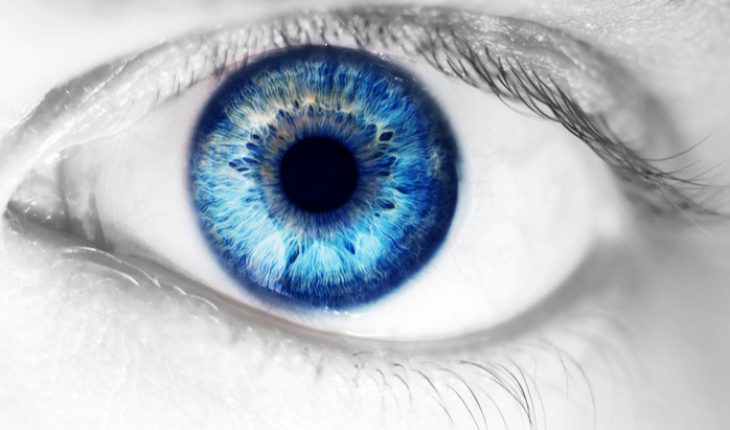National Eye Health Week’s six simple sight savers
1. Quit smoking. Smokers have a significantly greater risk of sight loss than non-smokers.
Toxic chemicals in tobacco smoke can damage the delicate surface and the internal structure of the eye. This can lead to an increased risk of many eye conditions including AMD; nuclear cataracts; thyroid eye disease; dry eye and impaired colour vision.
2. Eat right for good sight. Most of us have no idea that what we eat can affect how well we see, however, eye-friendly nutrients found in many fruit and vegetables and fatty acids derived from fish, nuts and oils can all help protect your sight.
Vitamins B and E can help protect against cataracts whilst Omega-3 fish oils help maintain healthy blood vessels inside the eye.
3. Watch your weight. More than half of all British adults are overweight however maintaining a healthy weight helps preserve macula pigment density, which in turn, helps protect the retina against the breakdown of cells and the onset of AMD.
Obesity also puts you at increased risk of diabetic retinopathy and damage to blood vessels in the eye caused by excess body weight has been linked to glaucoma.
4. Get fit. Aerobic exercise can help increase oxygen supplies to the optic nerve and lower any pressure that builds up in the eye.
Reducing intraocular pressure can help control conditions such as glaucoma.
5. Cover up. Exposure to UV light can increases your risk of developing macular degeneration and cataract. In fact, frequent use of sunglasses has been associated with a 40 per cent decrease in the risk of posterior sub-capsular cataract.
Always wear sunglasses when the UV index rises above three and check your sunglasses filter AT LEAST 99 per cent of UVA and UVB light. Look out for a CE or British Standard or UV 400 mark when choosing your sunglasses as this indicates they provide adequate UV protection.
6. Be screen smart. On average, we spend more than eight hours a day staring at a screen so it’s no surprise that 90 per cent of us say we experience screen fatigue – tired or irritated eyes, blurred vision, headaches and poor colour perception.
Avoid eye strain by using the 20-20-20 rule, especially if you’re using a computer for long periods of time. Look 20 feet in front of you every 20 minutes for 20 seconds.
And, don’t forget to book an eye test during National Eye Health Week if you haven’t had one in the last two years.
For more information and advice about looking after your eyes visit www.visionmatters.org.uk.
- New lipid-based pathway discovered as key to memory formation - 25th June 2025
- Crucial link could explain how Alzheimer’s takes hold - 25th June 2025
- Understanding Your Mind Can Improve Daily Life - 25th June 2025







